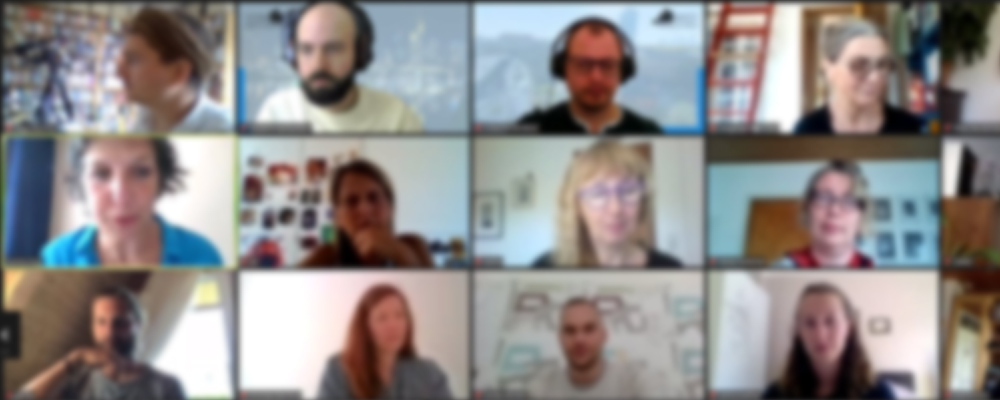
Time for a Paradigm Change
Teacher’s Impressions about the first Urban Commons Day
I have to admit that my expectations were not that high towards the webinar that was arranged on the first U!REKA Urban Commons Day on a beautiful summer Friday afternoon in May, 29th, when the university semester in Finland is already over. However, the participating students surprised me positively by looking at urban commons and its applications with their eyes wide open.
This can be stated on the basis of the results from group work that the students did via Padlet in breakout groups. The first breakout session was without us teachers and the second one with both the students and the teachers.
The students pointed out that the central aspects of urban commons can be summarized e.g. in the following words: equal rights, inclusiveness, accessibility, bottom-up, self-organization, non-profit, co-creation, shared spaces, co-ownership, shared resource, sustainability, resilience and trust. This gives a multi-faceted picture about urban commons and its meaning to us.
The students claimed also that urban commons can truly be applied in their own field and discipline in many different ways: in breaking down social barriers and improving social mix, in co-creating urban spaces for all and making planning understandable for everyone, in finding solutions to the problems we are facing today and thus in transforming the whole society.
The students told each other, what kind of subjects they had been researching in their course assignments such as ways of building the community, communal decision making, fight against high housing prices, housing co-operatives, more understandable city plans, keeping the forest clean, natural experience center, food sharing, different kinds of living spaces (e.g. space for subcultures, deaf space, collective garden, skate park), art collective and support for small start-ups – such a great variety! It is wonderful to see how urban commons can be used to seize our many future challenges.
Urban Commons in different fields
We then divided the students randomly to five different field related breakout groups to discuss more thoroughly about the methods, actors and stakeholders and benefits of using urban commons in each of them. The students could thus participate in a group that was not part of their own discipline. This kind of interdisciplinarity in particular gave fresh insights to the discussions. Here’s a sample about urban commons in land use planning, s’il vous plaît:
- Urban commons is about changing the perspective: You are not just thinking about using the ground (in terms of property rights), but thinking about the way, the space will be used by people.
- Urban commons puts communal interest over the commercial one. Thanks to urban commons, we get more public spaces, where we can meet without spending any money.
- Urban commons enables us citizens not just to participate in the decisions about their future living spaces but also to transform them the way they want.
- Urban commons brings different viewpoints together, which improves the actual city plans and makes our cities more sustainable.
- Urban commons involves residents (both present and future), adults, children, different minorities, organizations, companies, entrepreneurs, architects, and government (incl. municipality) which has to give room for the others in the list.
- Urban commons is simply thinking outside the box.
For a 52-year-old and rather cynical former urban planner like me, these thoughts were a good reminder of the revolutionary nature urban commons can have.
